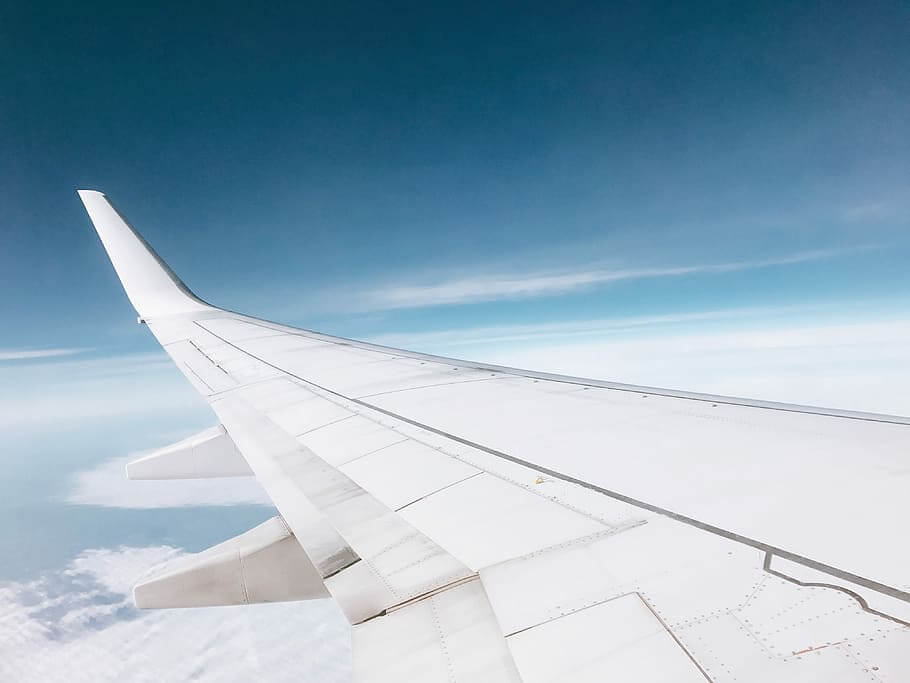Research conducted by Regis Huc, from Toulouse Business School, has revealed that the airline industry could save up to $7.7 billion per year through adopting strategies like hedging ticket prices to manage its revenue volatility.
Today, airlines use a series of financial risk management strategies and tools to reduce volatility on risks such as fuel prices, exchange rates and interest rates. However, there has never been a financial instrument to reduce volatility on the largest position affecting their profit and loss statement: revenue.
The study has calculated the impact of reducing the volatility of airline industry revenues and profits – for example, by hedging the value of ticket prices – on airlines’ credit quality and financing costs. The findings suggest a single notch improvement on the airline industry’s cost of financing could result in up to $7.7 billion in savings per year.
According to the IATA Annual Review 2020, “airlines that emerge from the crisis will do so with higher levels of debt and with a higher cost of debt” and “total aid for airlines in 2020 amounts to about $173 billion and came in various forms. More than half is deferred debt or payments that will need to be reimbursed as the industry tries to recover.”
The cost of debt financing is a growing problem for the aviation industry, illustrated by the image below, which shows the dramatic downward shift of equivalent revenue weighted credit ratings across the industry, from around 30% investment grade pre COVID-19 to only 4% as of November 2020, further 64% of airlines are C rated. The whitepaper examines the relationship between airline revenue volatility, credit quality and the cost of financing.

The research on how reducing airlines’ revenue volatility could reduce the cost of financing was based on a combination of two methods: first, investigating the cost of a ‘notch’ for each credit rating and applying this value across the credit rating spectrum of the airline industry and second, using a theoretical model, Emery’s Lambda, to link earnings volatility and default probability, and its implied effect on credit spreads.
The findings come just weeks after the International Air Transport Association announced that the world’s airlines need another $70-$80 billion of government support to get through the crisis caused by the coronavirus pandemic. The industry body found that travel restrictions meant global demand for flights fell approximately 60% in 2020.
Skytra, the wholly-owned Airbus subsidiary, recently received approval from the Financial Conduct Authority to be the regulated Benchmark Administrator for the world’s first Air Travel Price Indices, known as the Skytra Price Indices. This will allow the market to use its new set of regulated benchmarks – based on US$ per Revenue Passenger Kilometre – to price derivative contracts and provide an effective hedging solution against this revenue volatility.
Mark Howarth, Skytra CEO commented: “The Coronavirus pandemic has had a devastating effect on the air travel industry, and the sector needs to manage its risk more than ever before as it begins to recover. Revenue volatility sits at the heart of that, and these calculations show that a small improvement in managing this volatility could translate to billions of crucial savings. At Skytra, we are committed to delivering the risk management tools necessary to enable to industry to build back from the pandemic stronger and more resilient than ever.”
Régis Huc, Professor at Toulouse Business School’s Economics and Finance Department, adds: “Reducing financing costs could be instrumental in the survival of some airlines. Gaining greater visibility against revenue volatility through the hedging of ticket prices has never been possible before and Skytra is well-placed to lead the charge to ensure that the industry is able to operate in a smarter way moving forward.”



